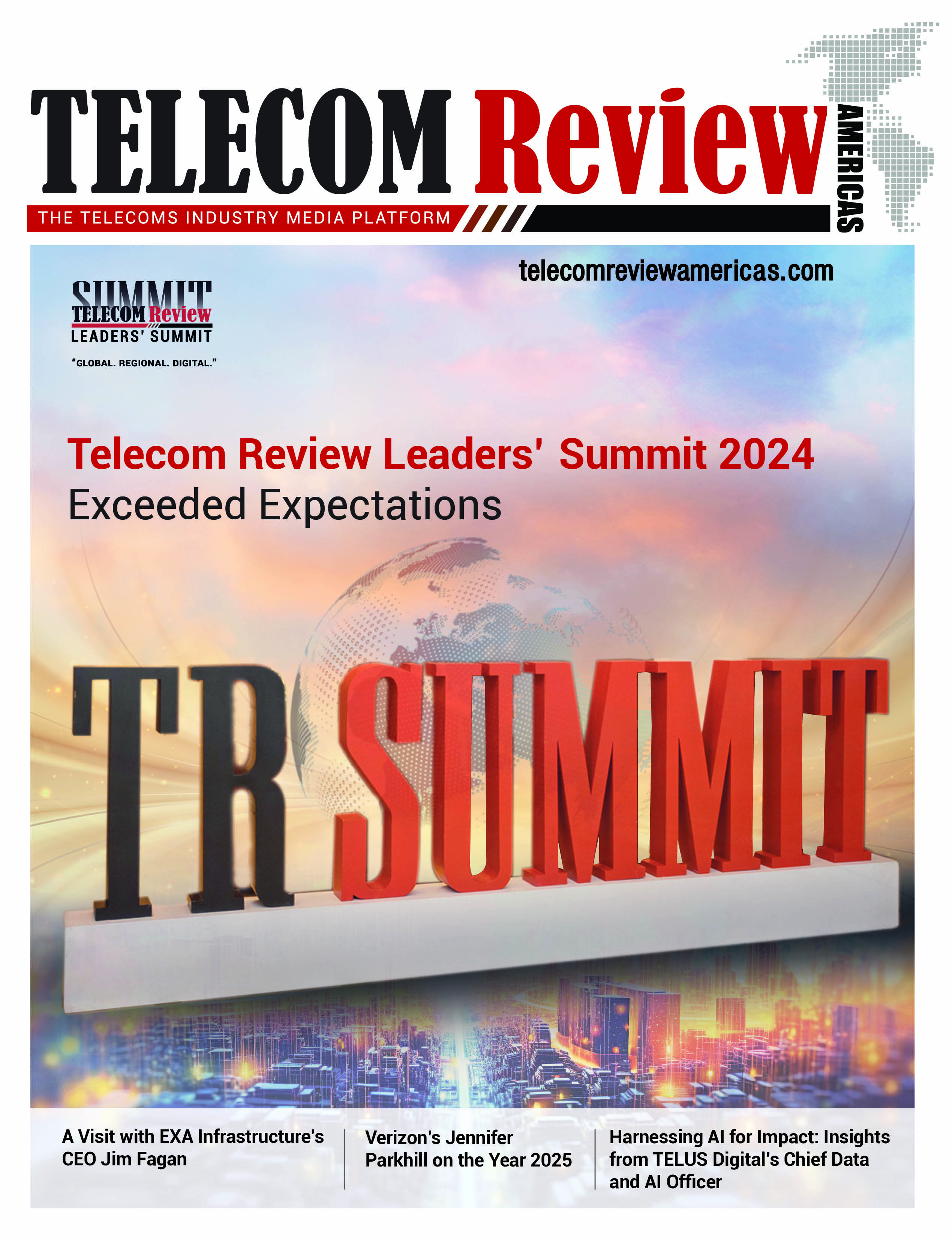Latin American operators bet for a fair share strategy to face the sustainability challenge.
“For the last 30 years, we have seen the cost of sector go up with 4%, and we see that the current revenue is down 50%,” commented Mats Granryd, General Director of the GSMA, during the Mobile 360 Latam.
Clearly not sustainable, so we need to find a smarter way of getting the spectrum cognizant in the spectrum's capability, highlight Granryd.
“I would encourage policymakers to make a difference. The thing too, what is the long -term benefit of having sector to be utilized to be built out properly in a country under the likes of the base of the world,” commented the General Director of the GSMA.
The director of GSMA added that Latin America has about 450 million connections but, unfortunately, the region has 225 million people who are not all connected, and they risk all not being part of the future.
Daniel Hajj, CEO of América Móvil, said that only a small number of companies generate the majority of profitable traffic yet do not pay for network usage, creating unequal conditions for participants in the digital ecosystem. Therefore, the promotion of fair share is necessary.
"The growth in data traffic increases costs for operators and poses challenges in securing resources to expand infrastructure and ensure quality services," Hajj commented.
The fair share approach is crucial for increasing connectivity based on principles of efficiency and equity, highlighted the CEO of América Móvil.
Mónica Aspe, CEO of AT&T México, mentioned that we are living in a time of enormous challenges and "clearly a challenge of sustainability for the future, the current model does not work for the future of telecommunications."
There is a demand for capabilities over the networks, investment needs, however, the ARPU's and market prices are not enough to cover the costs and investments.
Also, Camilo Aya, CEO of Telefónica Mexico, expressed concern about the financial sustainability of operators in Latin America.
“It’s a major concern, but we believe action can be taken. Spectrum is very expensive and operators cannot afford it. We need to find a middle ground, and in Latin America, we’ve seen progress in some countries.”
Roberto Nobile, CEO of Telecom Argentina, commented that current regulations are generally asymmetric and highly complex, and the focus remains on fixed telephony.
“Everyone in Argentina uses WhatsApp, and in telecommunications, WhatsApp doesn’t face the same regulatory asymmetry as traditional telcos. There’s a significant effort to transform regulations as they become more digital.”
Nobile called for new modernization models to sustain the sector’s conditions in the future.

































